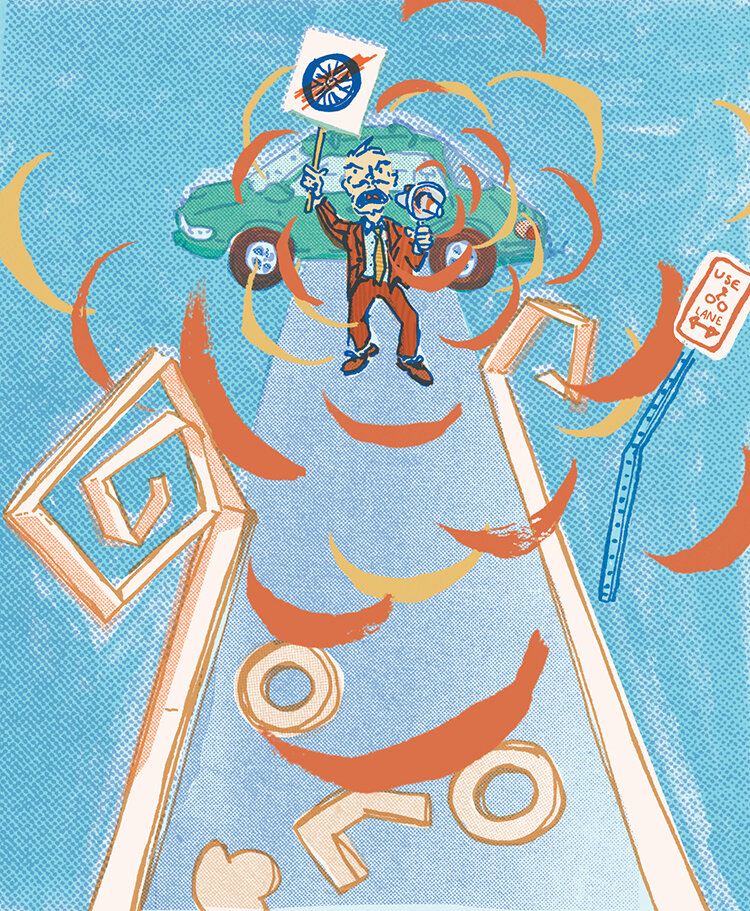On February 1, The Philadelphia Inquirer put a stop to reader comments on the majority of its online articles. They will continue to provide a public forum for sports stories, so feel free to share your opinion on the departure of Carson Wentz, but you can’t comment on the news.
Some Inquirer posters bemoaned the decision as censorship: an attempt to silence opinions other than those held by the newspaper. The newspaper explained their decision: “Commenting on Inquirer.com was long ago hijacked by a small group of trolls who traffic in racism, misogyny and homophobia.”
In days of yore, readers could only voice their opinions by mailing a letter; only those that editors deemed worthy would be published. This effectively locked out racist ramblings and unfounded conspiracy theories from any association with the news. Not so online.
The comments section on a media website bypasses the traditional gatekeeping that a publication adheres to. Perhaps because it has been serving Philadelphia for 191 years, The Inquirer felt a greater sense of responsibility to its constituents.
Silicon Valley, on the other hand, dodges responsibility that a local publication takes on. They prefer to think of themselves in the same light that former Supreme Court Justice Anthony Kennedy did. In 1997, Kennedy described the internet as “vast democratic forums,” akin to a public square or town hall meeting.
Though they are being moderated somewhat, social media sites allow posts about anything and everything. As we have seen, truth and accuracy cannot possibly be vetted for each post. It does not matter if a post has an audience of three or three million. It is all content, supplied by the largest staff of unpaid freelance writers and photographers in the history of mankind.
The economic implications of this for the print publishing industry are profound. Media companies, ourselves included, employ editors, who then assign stories to staff writers and work in conjunction with photo editors and photographers. The editorial process also involves fact-checkers and copy editors, and once the words and images are approved, the pages need to be designed.
It’s expensive to create content when you follow these rules. Social media has no such costs, and as a result, there is a staggering amount of content. This in turn creates an enormous audience, which tech companies—after spying on their users’ every move—sell to advertisers at a fraction of the cost that traditional media does. This is why local news departments have been eviscerated or have vanished completely around the country.
Sacha Baron Cohen, the absurdist comedian best known for his Borat character, spoke about the power that social media wields, and how grossly that power is misused, in a 2019 speech at the Anti-Defamation League Never Is Now Summit on Anti-Semitism and Hate: “This is about giving people, including some of the most reprehensible people on earth, the biggest platform in history to reach a third of the planet. Freedom of speech is not freedom of reach. Sadly, there will always be racists, misogynists, antisemites and child abusers. But I think we could all agree that we should not be giving bigots and pedophiles a free platform to amplify their views and target their victims.”
Publishing is a responsibility, and when you provide a platform for amplified speech, you are a publisher. It is time to regulate companies trying to shield themselves from it by invoking the First Amendment, all the while enriching themselves and laying waste to our democracy.
Alex Mulcahy
Editor-in-Chief
alex@gridphilly.com









